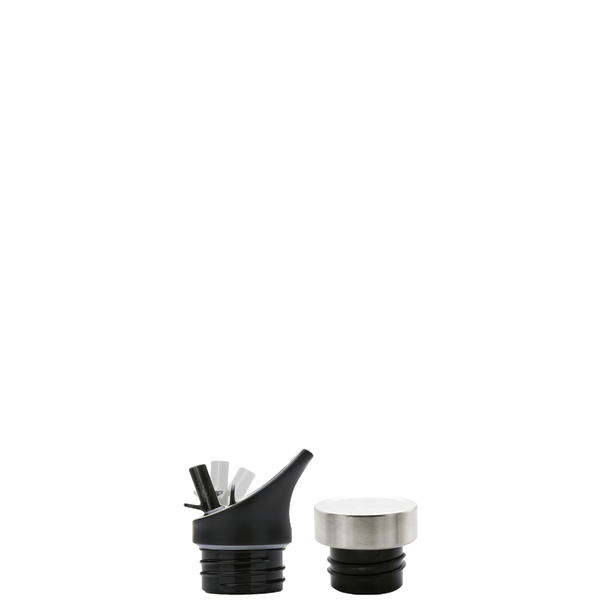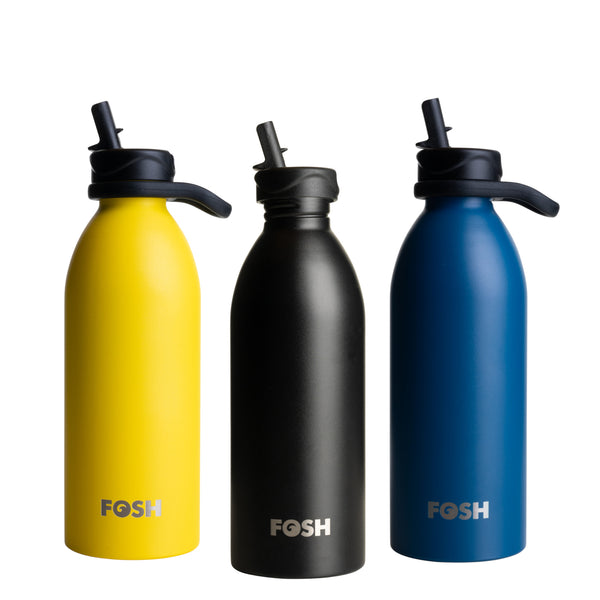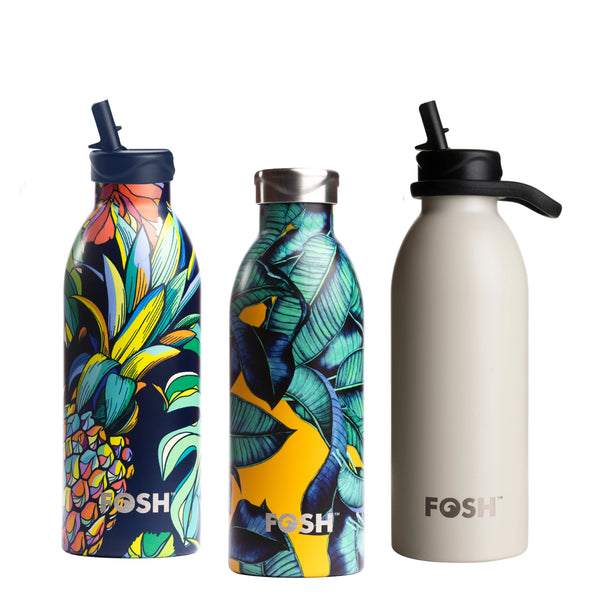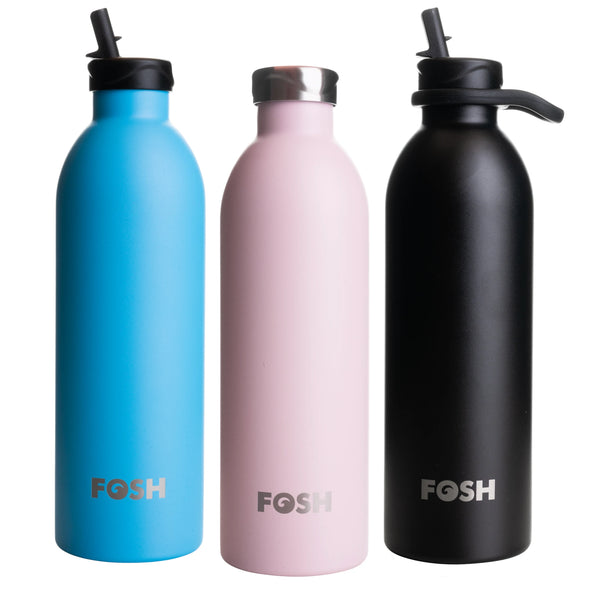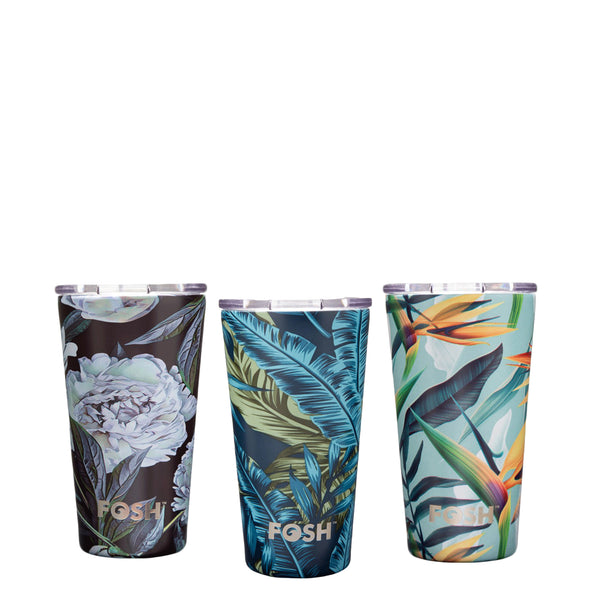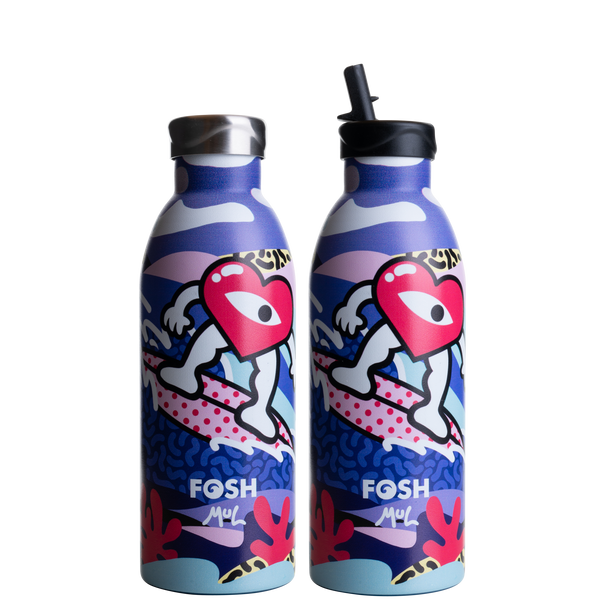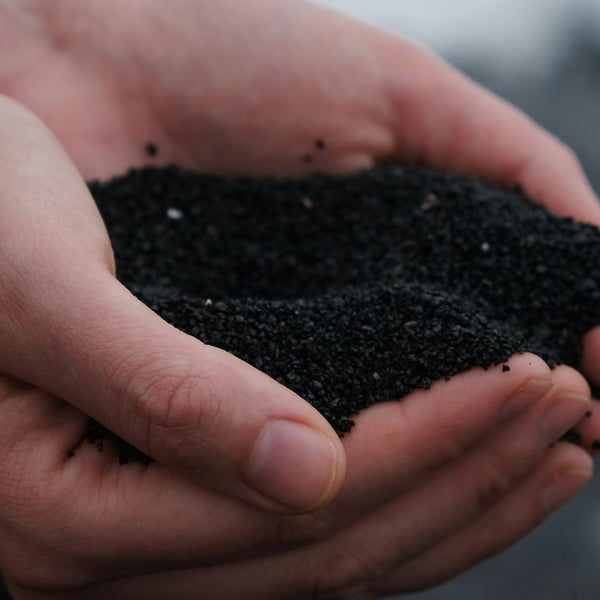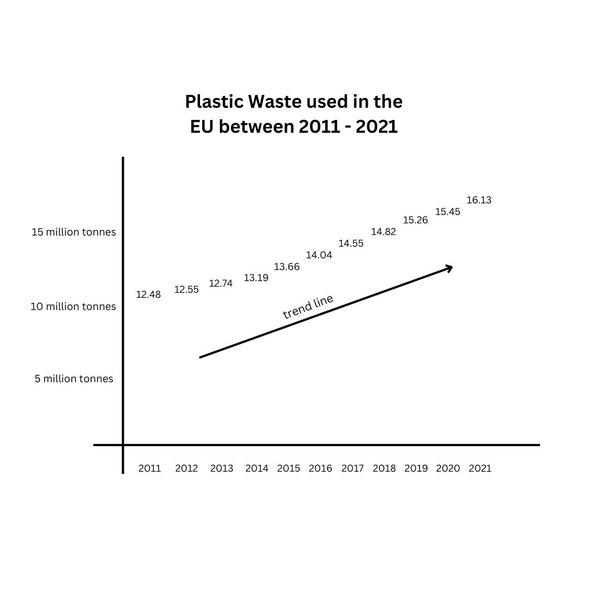Taxing Single-Use Cups Could Be A Solution
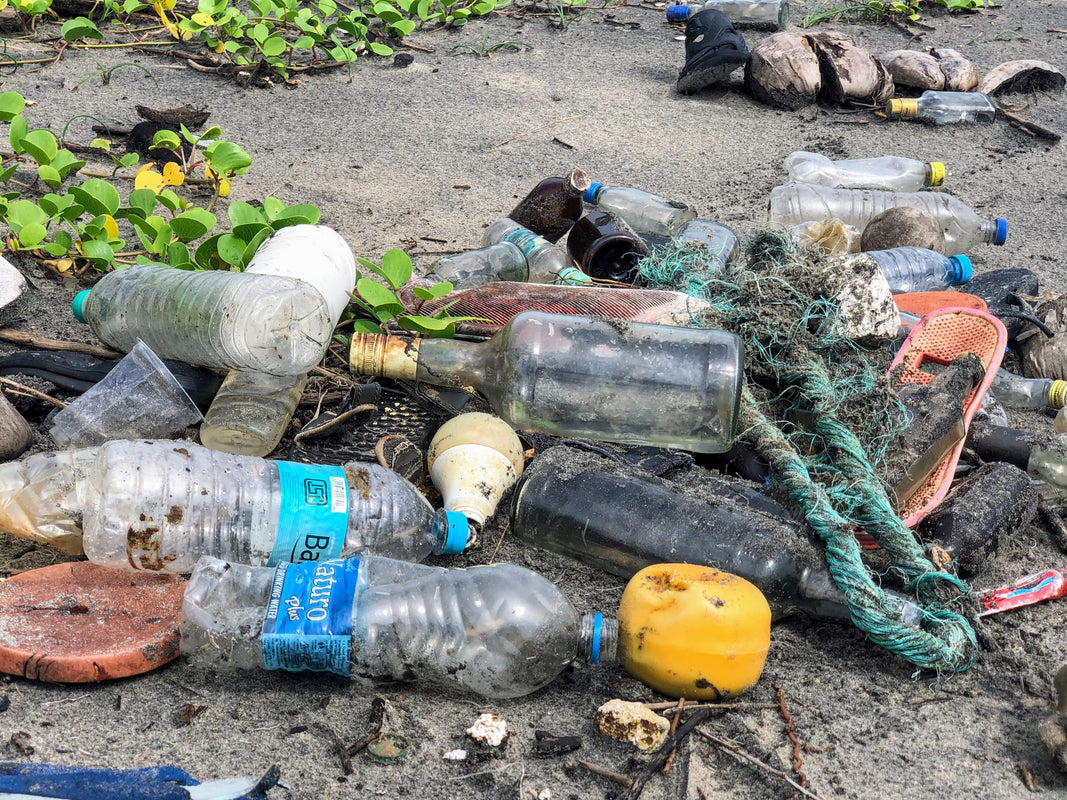
Scotland are using almost 500 million single-use cups annually, an unimaginable amount of waste considering their population of 5.4 million. It is difficult to be sure of the true recycling rate for these products as they fall outside the household statistics available but even using these figures, and generous they certainly are, only half will be recycled.
A massive 660,000 cups are being discarded and not recycled daily. Not only do we fear that they will go to landfill and not be recycled but far too many will sadly end up littering beautiful Scotland and worse still, it's extensive coastline.
Glasgow's ‘Cup Movement’ is trailblazing Glasgow as a place to start changing the way we think of single-use plastic cups, stating the city uses 95 million cups annually alone. We simply must slow this wasteful habit if we are to keep Scotland clean and attractive to its roughly 150 million visitors per year.
When we talk of Scotland we talk about the vitally important tourist industry and how important it is to the country, for a detailed picture of pre-pandemic tourist statistics click here:
We don’t want to turn into Hawaii where the images simply do not match up to the reality! If you think of Hawaii you may imagine typical images of sandy beaches with great surfing opportunities. Sadly the reality is that kids there nicknamed one beach ‘plastic beach’. Known formally as Kamilo Beach it is located on the south-eastern tip of Hawaii’s Big Island which is now known as one of the most polluted spots on the planet. Scotland are not at this stage yet but proactive measures are needed to push consumers into cleaner habits before it is too late.
Scotland need not look far. The world is full of examples of countries tackling the issue head-on. One example is Greece, which brought in new taxes on single-use plastic cups. Both surprisingly and encouragingly they did so very quickly. Greece gets it - it realises its income as a tourist destination is essential. Added to the latest EU directives - which are fairly stringent - this tax will go a long way to helping the overall picture. The hope is that this will dissuade outlets from serving coffees in single-use plastic at higher prices and create incentives for customers to bring reusable cups. There would be even stronger financial incentives for both parties to do so.
When we ask whether Scotland should raise taxes and whether it would help we first need to understand the history of how this came about. The coffee industry has had a meteoric rise over the last 50 years.
Coffee has come along way from its discovery in the 15th century, when - as legend has it - an Ethiopian goat herder noticed after his heard ate the beans that they stayed awake all night! He took the berries to his local monastery and subsequently helped the monks to stay awake during long hours of prayer.
The thing that has changed - specifically since the 1980's - is it’s delivery, ever since Starbucks changed the business model. This renaissance was huge and the amount of single-use plastic cups exploded. Interestingly the coffee lid we all use today was a slightly later development, being patented in 1984.
Is the problem coffee? Not at all. The problem is the wasteful way that we have developed serving it. Thankfully options are available. We can see an industry growing to supply reusable coffee cups. In many cases they offer additional benefits too, for example keeping coffee warm for longer periods of time.
In society it is the responsibility of government to create a situation which is sustainable and it is very apparent this position is anything but sustainable, so, back to our question. Is it time Scotland placed a tax on single-use coffee cups? You decide.
